The emergence of DeepSeek shows that US hegemony in AI is no longer assured and that with a talented workforce, a much smaller financial investment could clearly achieve similar results.
DeepSeek - a Chinese AI startup that was completely unknown until its launch in late January 2025, shook the global tech world and impressed with its low-cost, high-capacity model.
DeepSeek's success is expected to reset the geopolitical AI status quo between the world's two leading economies, the US and China.
DeepSeek's large language model R1 has claimed to surpass OpenAI's famous o1 model with a much smaller investment and without access to the most advanced chips due to US export controls.
Notably, despite limited financial investment and access to technology, R1 appears to be able to operate at a lower cost and consume much less energy than its American competitors.
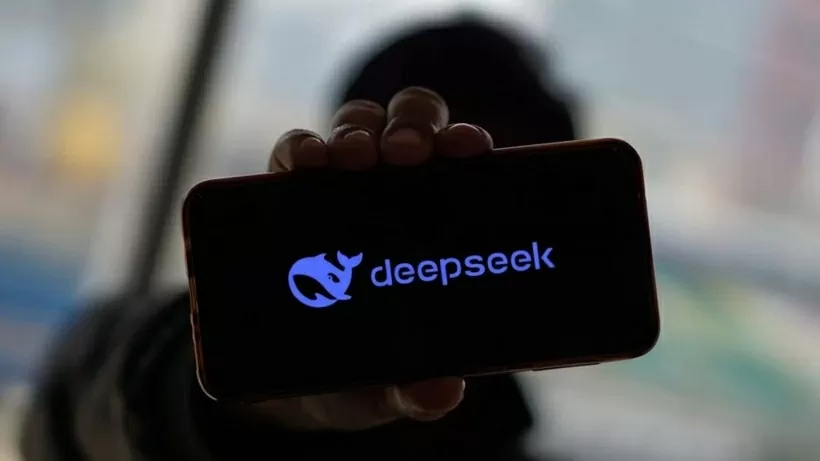 |
| The successful emergence of DeepSeek is contributing to reshaping the game in the field of artificial intelligence (AI) but is also gradually revealing many limitations and challenges. (Source: Shutterstock) |
The emergence of DeepSeek shows that US hegemony in AI is no longer assured and that with a talented workforce, a much smaller financial investment could clearly achieve the same results. At the same time, it also shows that Washington's hopes of export controls to curb Beijing's tech industry do not seem to be working.
The Challenge of DeepSeek
While there is no denying the positive aspects of DeepSeek's success, there are also drawbacks to this model.
From a technical standpoint, DeepSeek is hard to compare with other US AI platforms because its primary role is to optimize existing models rather than develop new ones. Model optimization is important and welcome, but it will not eliminate the need to create new LLMs.
In other words, while DeepSeek's optimization can significantly reduce computational costs and open the door to more efficient designs to close the performance gap between smaller and larger models, it doesn't fundamentally break the "law of scaling" (i.e. larger models yield better results).
The most powerful AI systems still require expensive infrastructure, which puts the race back to raising massive financial resources.
Another important issue to consider is that DeepSeek is not completely open access as certain components, such as training data, fine-tuning methods, and some parts of the model's architecture, are still not disclosed.
Additionally, DeepSeek — like any Chinese AI company — certainly needs to comply with Beijing's strict national security laws and regulations.
DeepSeek's importance to China is not only to provide the technical capability to replace US-made AI platforms, but also to signal to the world that Beijing is "very interested" in the AI race.
This could be a challenge for DeepSeek depending on how the situation develops. A more pressing challenge is data protection, and in particular the European Union’s (EU) General Data Protection Regulation (GDPR), as illustrated by Italy’s January 30 ban on DeepSeek for data transfer reasons. This raises concerns about data sovereignty and government access, which could limit DeepSeek’s use within the EU.
| While these concerns should be taken seriously, the bigger risk is geopolitical. US President Donald Trump’s comments that DeepSeek was a wake-up call (which some media outlets have dubbed a “Sputnik moment”) for US tech companies suggest that the AI race between the world’s two leading superpowers will be at the heart of strategic competition for decades to come. |
More importantly, the AI competition is not only about commercial purposes but also about military applications in cyberspace, unmanned weapons and many other areas.
For a Chinese AI company with ambitions to expand overseas, and especially the lucrative US market, the real challenges are starting now. TikTok’s recent “de-listing” by Washington and Tencent Holdings’ recent blacklisting signal that DeepSeek will face a full-blown and fierce backlash from the US. Even the fact that the company stores data on servers located in China doesn’t help.
Many Silicon Valley tech executives, while impressed by DeepSeek and welcoming the competition, will use the model to further support US AI infrastructure and policies to “hold back” China. The Washington administration is also investigating whether DeepSeek is obtaining advanced Nvidia chips by circumventing restrictions.
In addition, measures to strengthen export controls related to AI and end all current scientific and technological cooperation with China will likely be applied by the US in the near future.
EU stands between "two streams"
The EU has been a laggard in the AI race, even before DeepSeek took the tech world by storm, failing to create its own AI platform with the massive investment required to develop large language models (LLMs).
The EU should also soon realise that the intensifying technological competition between the US and China for AI dominance could have consequences for the continent.
The most pressing issue is the potential for two AI worlds to split, divided by Washington’s tighter export controls, sharply reduced scientific collaboration, and tighter regulation. This could be bad news for Europe, which could be forced to choose between the two ecosystems.
The risk of DeepSeek’s censorship and data transfer will only exacerbate and accelerate the global AI divide. Another issue is that joining the US AI ecosystem under President Trump may not benefit the EU in scientific collaboration as an ally after the White House boss threatened to impose tariffs on the EU after two major allies, Canada and Mexico.
Overall, the emergence of DeepSeek will be good news in terms of options and hope for the European AI industry but also bad news in terms of increasing strategic competition between the US and China.
The EU is caught between a rock and a hard place in an increasingly geopolitically driven AI race, with limited technology transfer and cooperation with the US and growing concerns about data censorship from China.
Source





















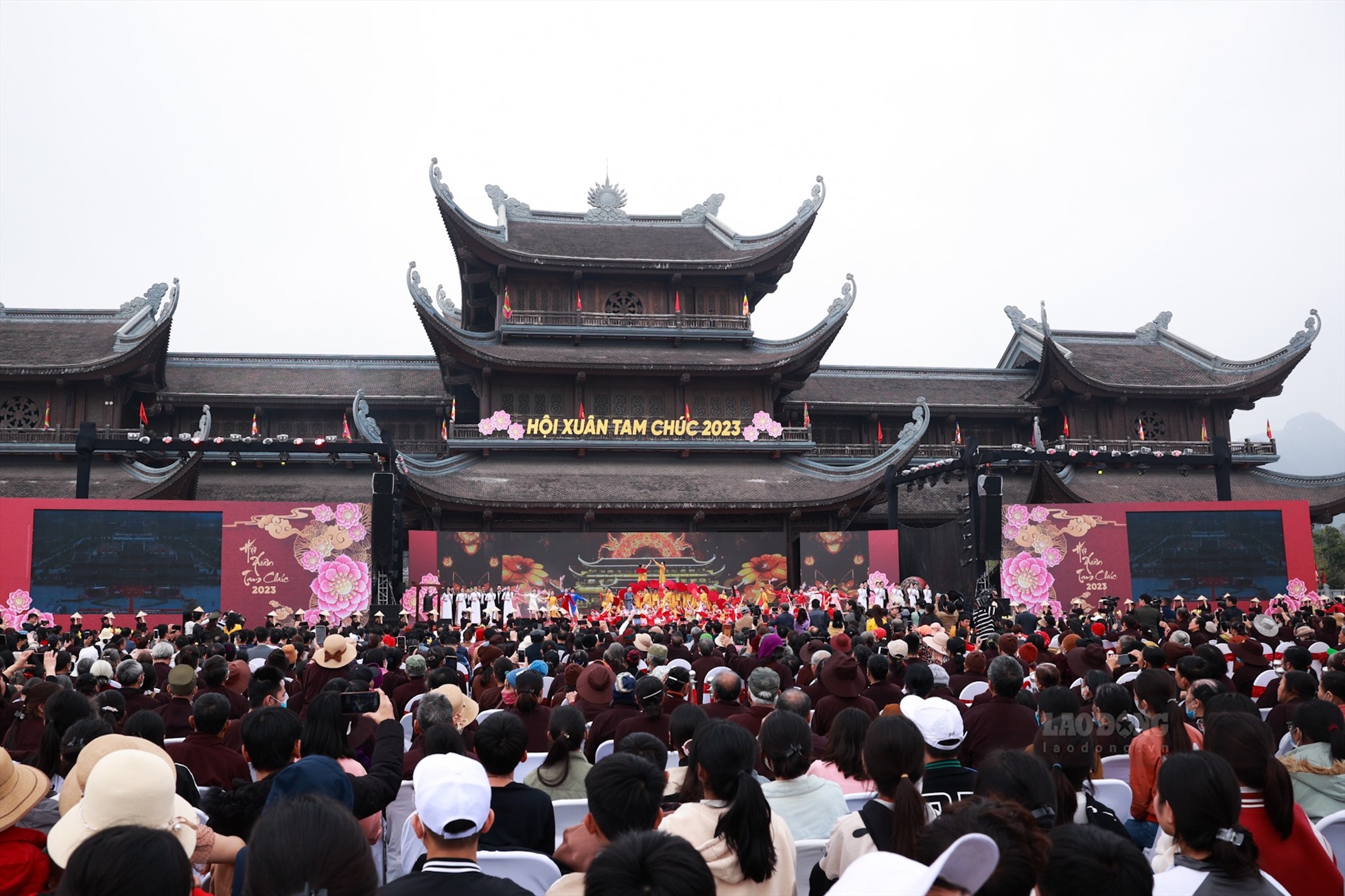









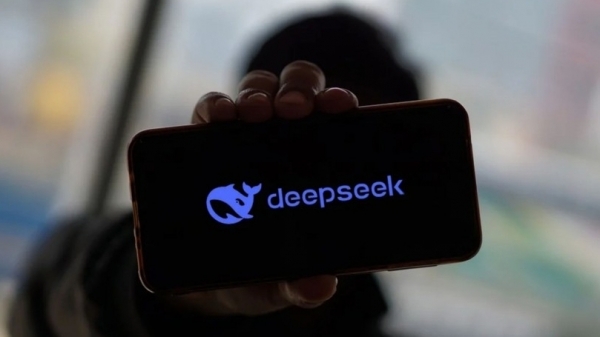





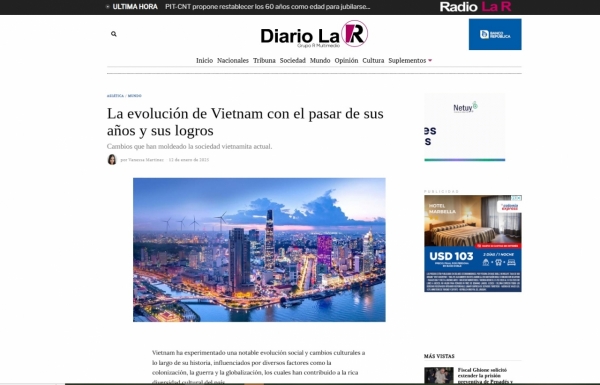

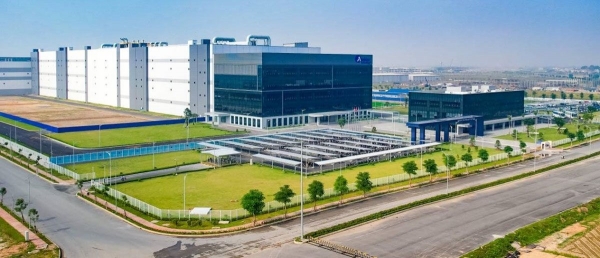




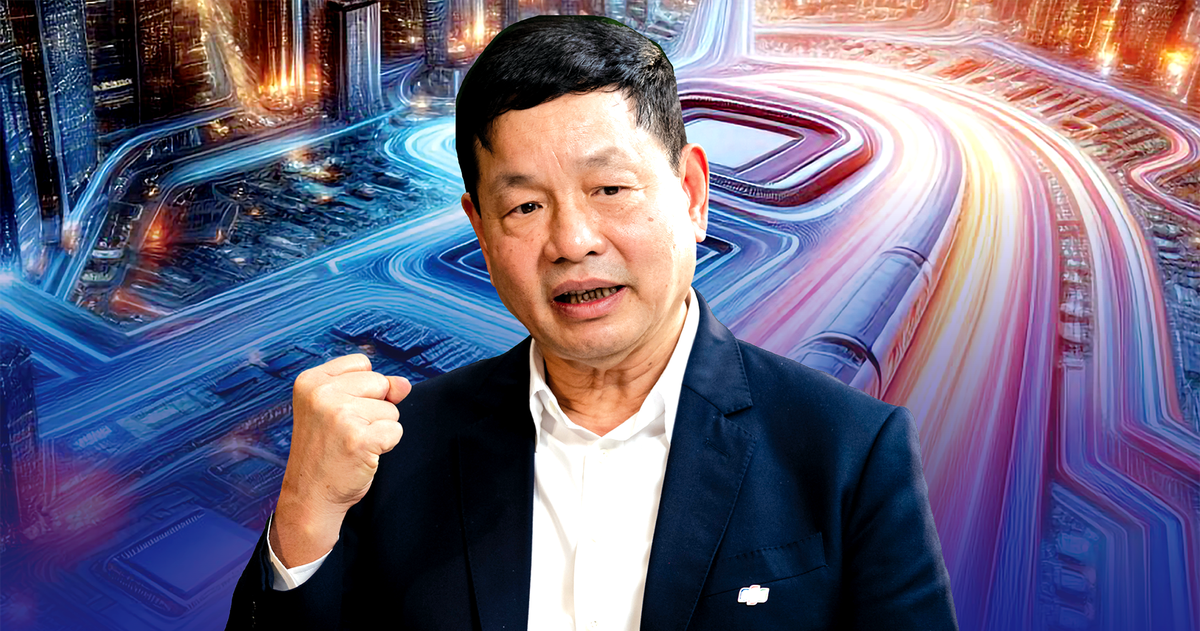









Comment (0)